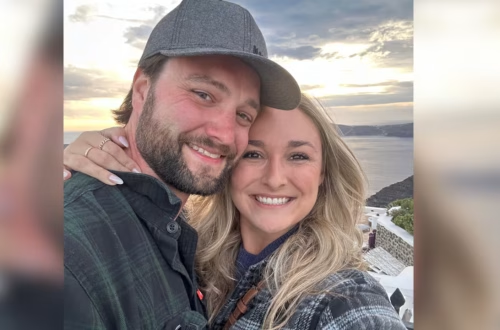Yang Sora’s Tragic Story Reopens Debate on Justice for Assault Victims in Korea
The haunting story of the late supporting actress Yang Sora, whose life ended in tragedy after alleged repeated sexual assaults and institutional neglect, has resurfaced with renewed urgency following a recent investigative broadcast. The latest episode of KBS2’s Smoking Gun, aired July 22, has sparked national outcry by shedding new light on a case long buried by silence and disbelief.
A Promising Life Derailed by Abuse
Yang Sora, once described by her mother as a bright, studious graduate student with dreams of acting, began to exhibit signs of severe trauma in the summer of 2004. According to family testimony, Sora’s behavior changed drastically after working as an extra on a drama set in Hadong, South Gyeongsang Province.
In heartbreaking detail, Smoking Gun revealed that Sora had confided during psychiatric treatment that she was repeatedly raped and sexually assaulted by an assistant director during and after the shoot. She alleged six instances of rape over two months, coupled with ongoing harassment, threats, and physical intimidation.
The assaults reportedly continued even after production ended—this time in Seoul, where isolation and alcohol were used as tools of control. Despite initially filing a complaint, Sora withdrew it two years later, citing the trauma of reliving the abuse during aggressive and often dehumanizing police interviews.
Systemic Failure and Institutional Betrayal
Sora’s mother recounted how her daughter’s bravery was met with disbelief and, worse, secondary victimization by investigators. One particularly disturbing moment revealed during the broadcast was that a police officer once instructed Sora to draw the perpetrator’s genitals as part of her testimony—a move critics are calling retraumatizing and cruel.
“I thought I just had to endure the investigation,” her mother said in tears. “Now I regret not fighting harder. They killed my daughter with their indifference.”
Eventually, the burden became too much. In 2007, three years after withdrawing her complaint, Sora died by suicide after jumping from the 18th floor of a building.
Tragically, the suffering did not end there. Her younger sister, Yang So Jung, who had initially introduced Sora to the acting job, died just six days later—reportedly from the weight of guilt and prolonged grief. Their father, devastated by the events, passed away from a cerebral hemorrhage shortly after.
A Pattern of Predation
What began as one attacker quickly expanded into a broader pattern. In her initial statements, Sora accused 12 individuals in the industry—four of rape and eight of harassment. Among them were extras coordinators and assistant directors. She claimed to have been assaulted over 40 times in a span of three months.
These allegations paint a chilling picture of unchecked abuse behind the scenes of the entertainment world—one where aspiring talents were often powerless and unprotected.
Despite the volume and gravity of her claims, no convictions followed. The accused denied the charges and, in some cases, retaliated with threats. Legal pressure and repeated trauma led Sora to ultimately drop the charges, retreating into a quiet struggle for stability—one that ended far too soon.
National Reckoning and Cultural Silence
The Smoking Gun episode has reignited calls for reform in South Korea’s entertainment and legal systems. Women’s rights activists and mental health advocates are urging authorities to reexamine how sexual assault investigations are conducted, especially within vulnerable industries like film and television.
“This is not just about one girl,” said cultural critic Lee Ji Hye during the broadcast. “It’s about a system that silences victims and shields perpetrators.”
Online, thousands have taken to social media with hashtags like #JusticeForSora and #ProtectTheNext, demanding accountability and deeper industry regulation.
A Mother’s Ongoing Fight
Yang Sora’s mother remains a central voice in the pursuit of truth and justice. After years of grief and silence, she is now determined to expose what she calls a system of complicity.
“Everyone talks about healing,” she said. “But healing can’t happen without truth.”






